You are here
New Releases
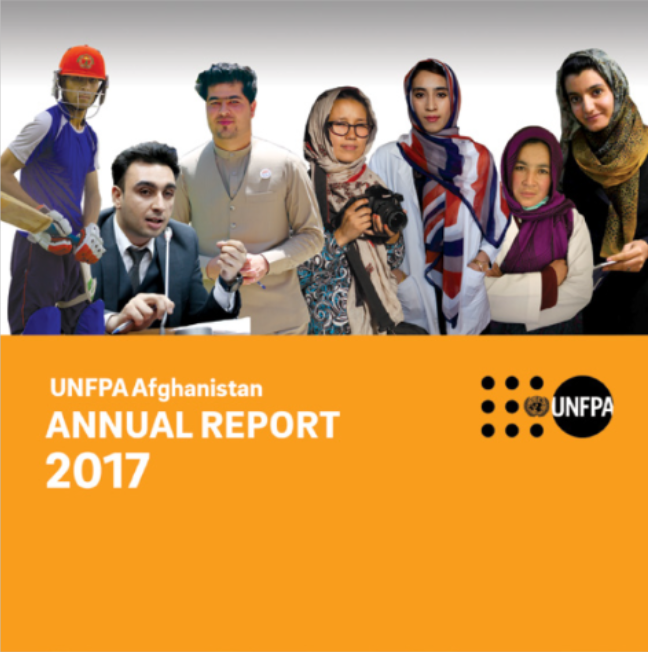
UNFPA Afghanistan Annual Report 2017
The fourth country programme was signed by the Government of the Islamic Republic of Afghanistan, represented by the Ministry of Economy and UNFPA. A programme steering committee was established under the leadership of Ministry of Economy with members from Ministries of Public Health, Women’s Affairs, Interior Affairs, the Central Statistics Organisation of Afghanistan, the Deputy Ministry of Youth Affairs, Kabul University and the Afghan Parliament. The committee meets annually to oversee the progress in programme implementation and provide strategic guidance.
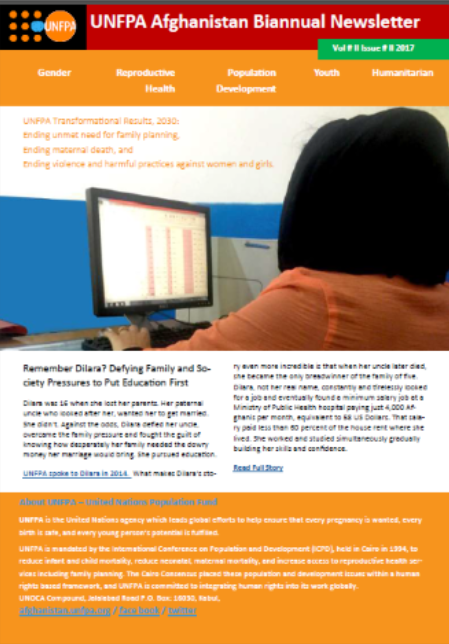
UNFPA Afghanistan Biannual Newsletter
UNFPA Afghanistan Biannual Newsletter, Volume II, Issue II 2017
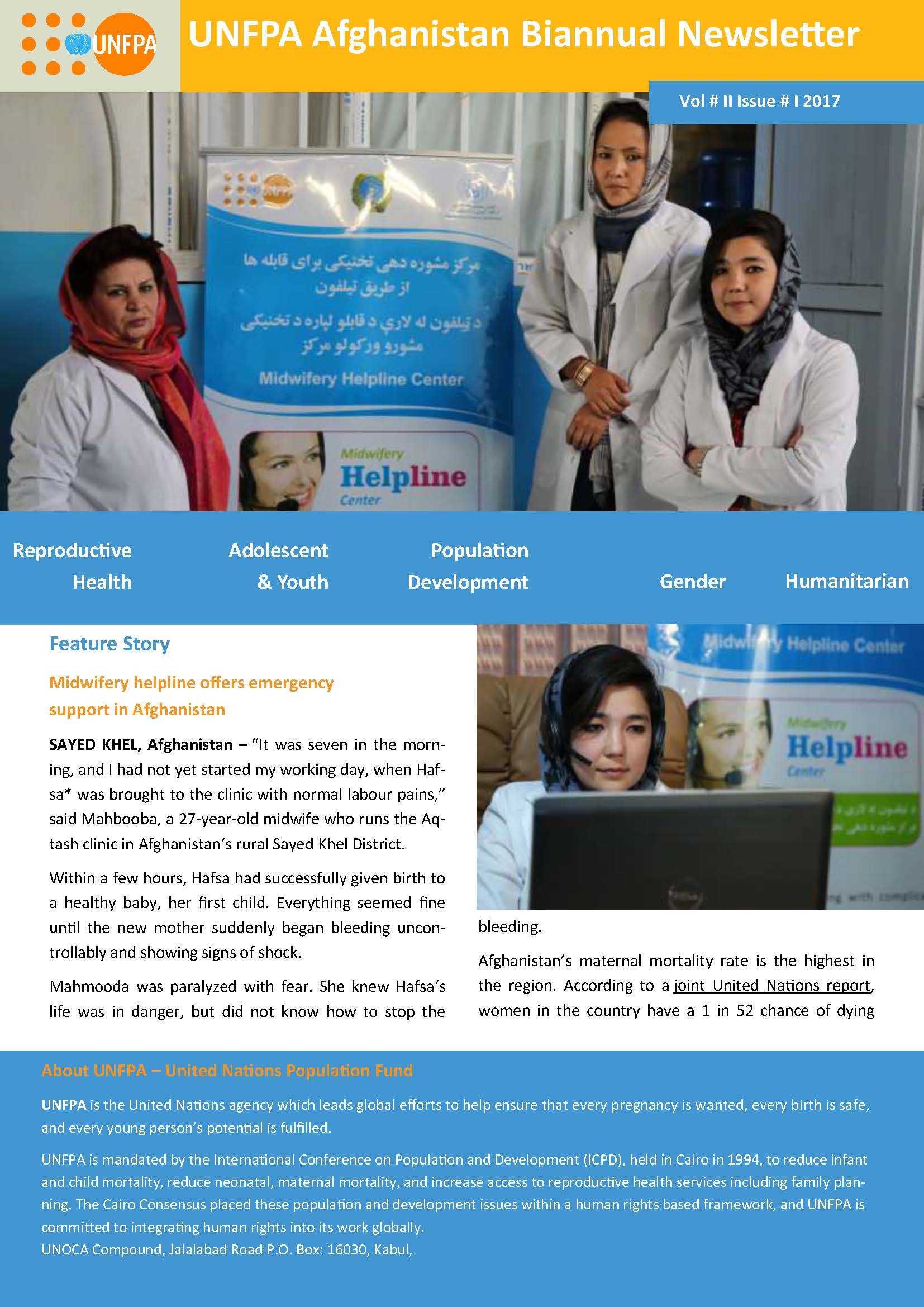
UNFPA Afghanistan Newsletter Volume II Issue I 2017
UNFPA is the United Nations agency which leads global efforts to help ensure that every pregnancy is wanted, every birth is safe, and every young person’s potential is fulfilled.
UNFPA is mandated by the International Conference on Population and Development (ICPD), held in Cairo in 1994, to reduce infant and child mortality, reduce neonatal, maternal mortality, and increase access to reproductive health services including family planning. The Cairo Consensus placed these population and development issues within a human rights-based framework, and UNFPA is committed to integrating human rights into its work globally.
UNOCA Compound, Jalalabad Road P.O. Box: 16030, Kabul
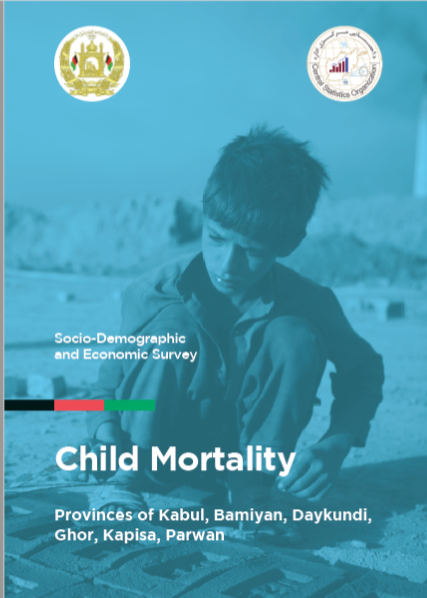
SDES Child Mortality Monograph
The Thematic Report on Child Mortality is one of a series of studies which analyse SDES data sets to help develop this knowledge base.
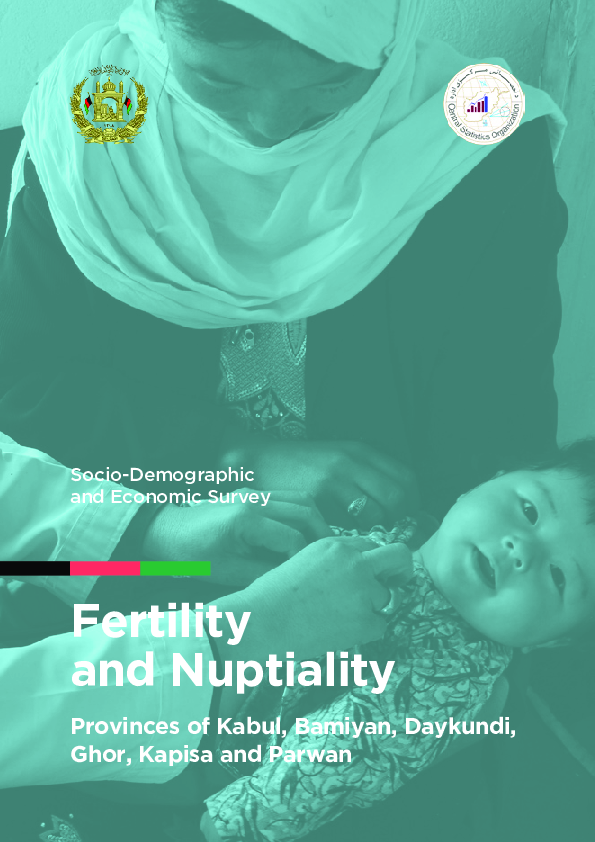
SDES Fertility and Nuptiality Monograph
Five years ago, the Socio-Demographic and Economic Survey (SDES) began as a major collaborative effort to create a snapshot of the situation of Afghanistan’s population today, down to the level of individual villages. Starting in Bamiyan province in 2011, the survey has completed this detailed mapping for six provinces, with more provinces in process.
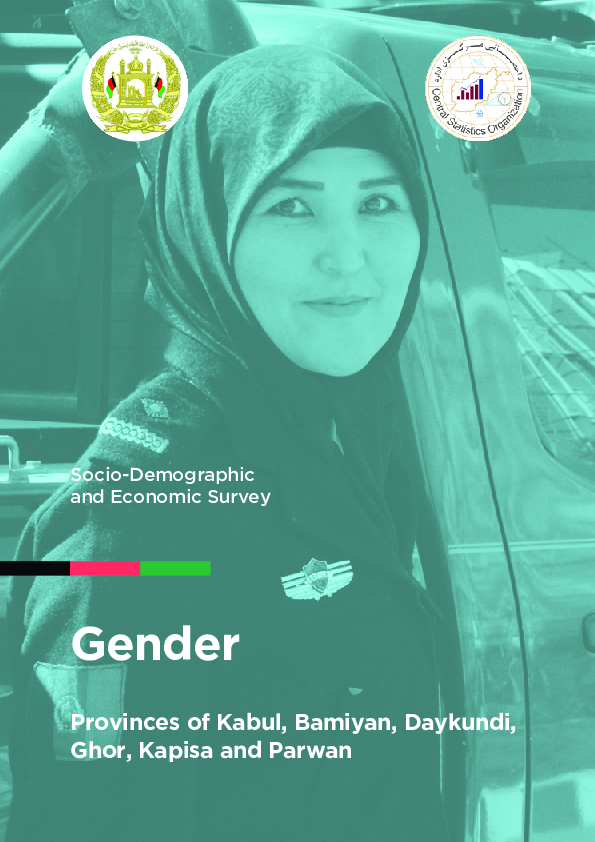
SDES Gender Monograph
The Thematic Report on Gender provides important insights on women in the provinces covered by SDES. These insights will have implications for women’s and girls’ rights, as well as many other critical areas in policy and planning arena.
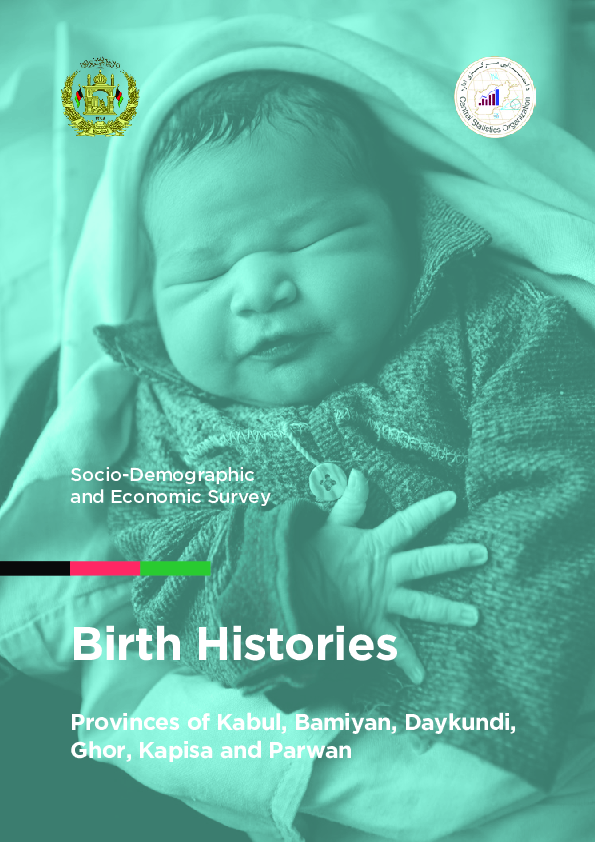
SDES Birth Histories Monograph
The SDES was led by the Central Statistics Organization (CSO), with technical support from the United Nations Population Fund (UNFPA). This historic effort provided a compilation of data disaggregated by sex, age group and district, giving an unprecedented snapshot of the situation of each province at district level and its people to guide policymaking, development action and service provision. Similar survey is being rolled out in all provinces of Afghanistan.
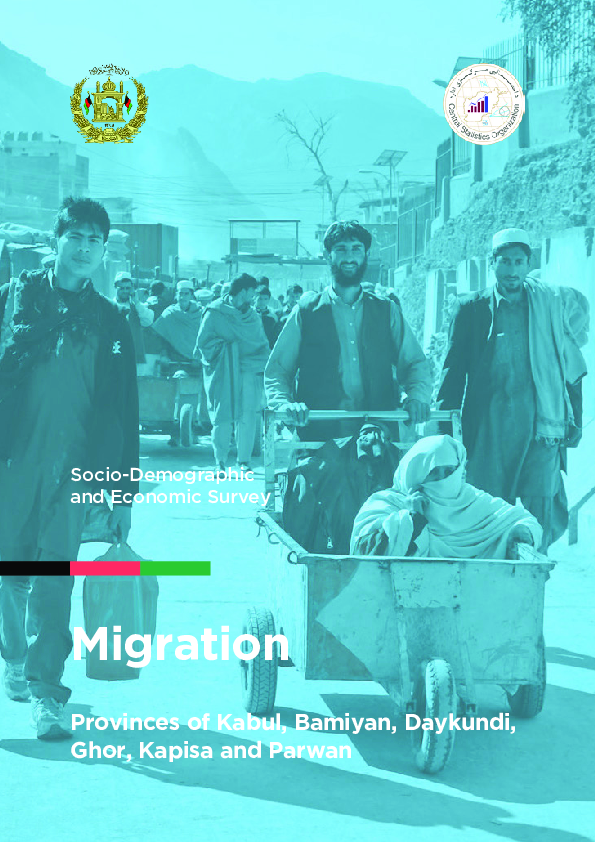
SDES Migration Monograph
The Thematic Report on Migration is one of a series of research studies which analyses and draws important lessons from the SDES data which can then be used to inform development policies and programmes.
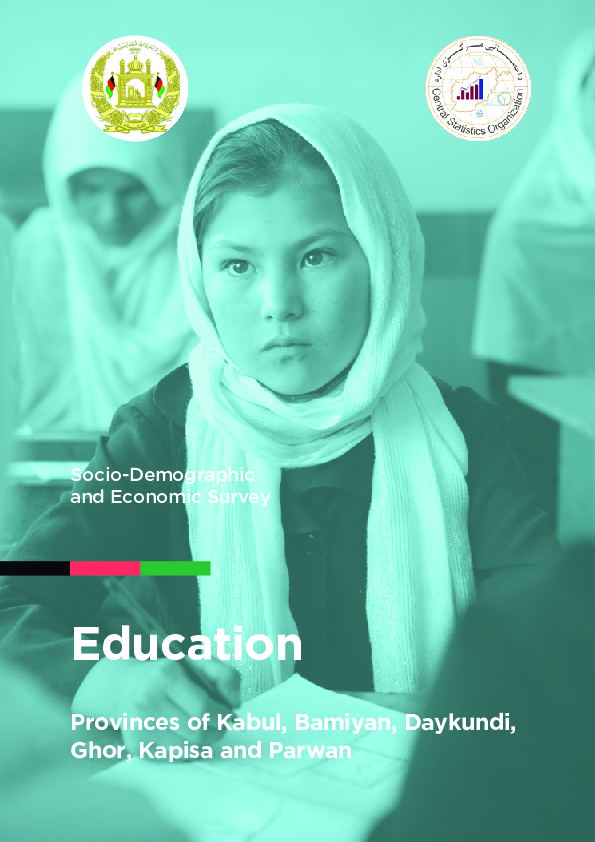
SDES Education Monograph
The present report on ‘Education in Afghanistan’ reflects data collected in six provinces from 2011 to 2014: Bamiyan, Daykundi, Ghor, Kabul, Kapisa and Parwan. It is hoped that data and analysis based on the SDES will inform policy decisions and, ultimately, provide benchmarks against which Afghanistan will continue to measure progress in the quality education of its girls and boys.
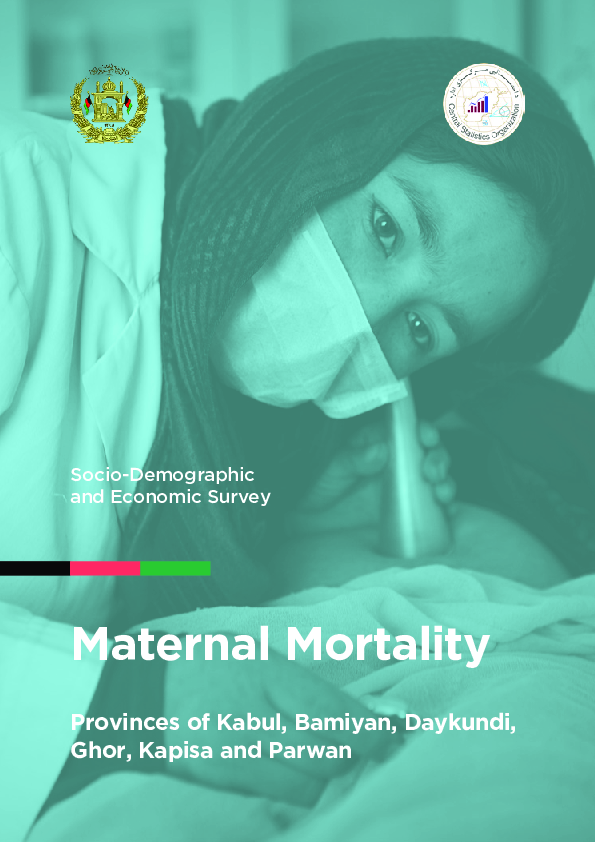
SDES Maternal Mortality Monograph
It is the aim of this report to bring information about the condition of maternal health to policy makers, programme managers, and project evaluators such that appropriate plans and programs could be prepared in order to improve the situation of the mothers in Afghanistan.